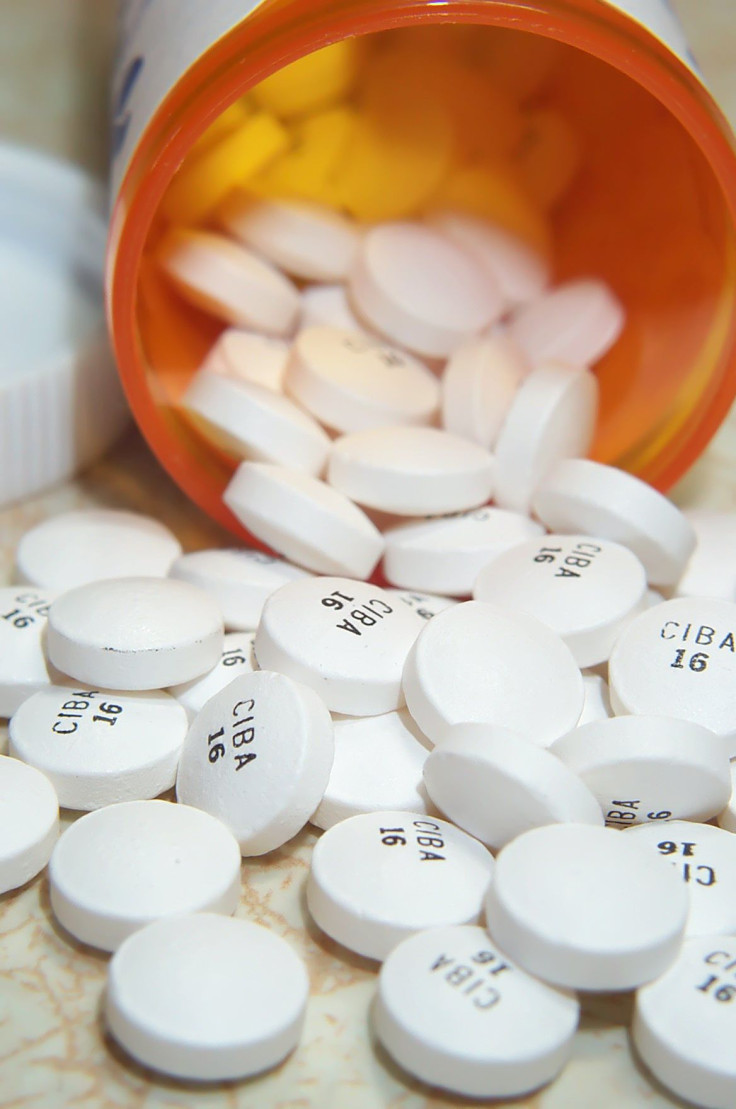Ritalin as a Substitute for Cocaine Could One Day Help Addicts

Running with the idea that if you can't quit an addiction cold turkey, then you should use substitutes, researchers from the Icahn School at Mount Sinai, in New York City, have found that Ritalin could possibly be used as a substitute for cocaine.
The study found that a single dose of Ritalin — chemical name methylphenidate — which is normally used to treat attention deficit hyperactivity disorder (ADHD), could improve brain function and modify connectivity in parts of the brain that are involved with self-control and craving when given to cocaine addicts. At the same time, Ritalin is similar to cocaine because it increases dopamine in the brain. The only difference is that it's taken orally, causing a person to reach peak effect over a longer period of time, and resulting in a lower potential for abuse. Also, by extending the time it takes to peak, the drug enhances signaling to improve several cognitive functions, including information processing and attention.
"Orally administered methylphenidate increases dopamine in the brain, similar to cocaine, but without the strong addictive properties," Rita Goldstein, lead researcher and professor of psychiatry at Mount Sinai, said in a press release. "We wanted to determine whether such substitutive properties, which are helpful in other replacement therapies such as nicotine gum instead of smoking cigarettes or methadone instead of heroin, would play a role in enhancing brain connectivity between regions of potential importance for intervention in cocaine addiction."
To test this, the researchers used MRI brain scans to observe 18 cocaine-addicted adults who were randomly chosen to take either a single 20 mg pill of Ritalin or a placebo. They also used non-addicted participants as a control group. They measured the strength of connectivity in parts of the brain that triggered addiction during the drugs' peak effect, and found that while it decreased activity in these connections, it also increased connectivity in parts of the brain involved in regulating emotions and self-control.
"The benefits of methylphenidate were present after only one dose, indicating that this drug has significant potential as a treatment add-on for addiction to cocaine and possibly other stimulants," said Dr. Goldstein. She also said the study was only preliminary and the findings "warrant further exploration."
About one million Americans older than 12 are dependent on cocaine, according to the Substance Abuse and Mental Health Services Administration. The drug, which is normally in powder form, is usually inhaled through the nose or dissolved in water and injected into the bloodstream. It acts by increasing dopamine levels in the brain, which are responsible for pleasure responses. Dopamine is also associated with drug addiction since addiction causes dopamine pathways to become unregulated, Goldstein told CBS. Addiction can also cause dopamine to respond less to stimulants, resulting in overuse of the drug as compensation.
Source:
Konova A, Goldstein R, Moeller S, et al. Effects of Methylphenidate on Resting-State Functional Connectivity of the Mesocorticolimbic Dopamine Pathways in Cocaine Addiction. JAMA Psychiatry. 2013.
Published by Medicaldaily.com



























